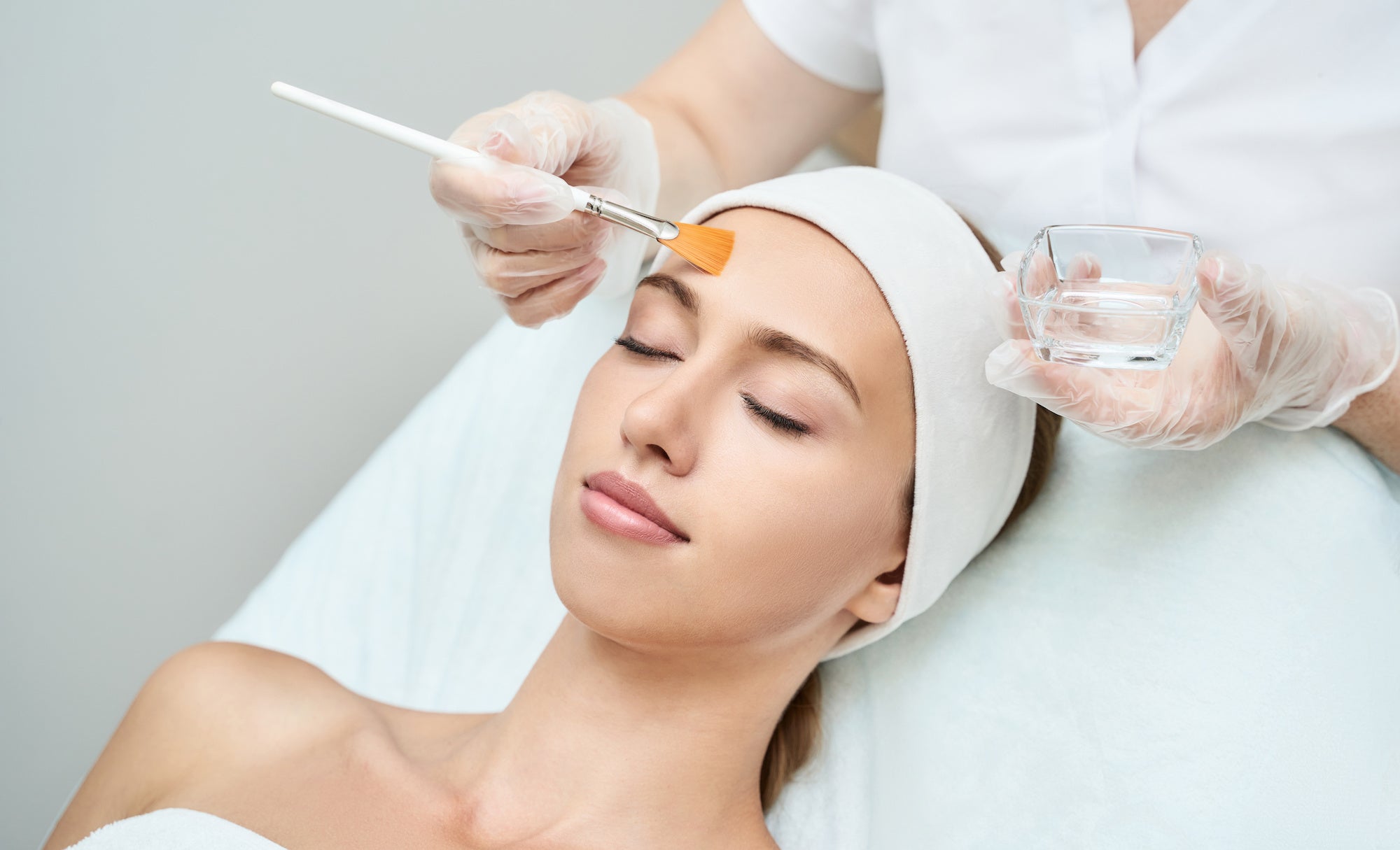Say Goodbye to Acne Scars: How Chemical Peels Can Transform Your Skin

Acne scars can be a frustrating reminder of past breakouts that can linger on your skin long after the blemishes have cleared up. If you've been searching for a solution to finally say goodbye to those pesky scars, chemical peels may be the answer you've been looking for.
Chemical peels work by exfoliating the top layers of the skin, which helps to remove dead skin cells and promote the growth of new, healthy skin cells. This process can help to reduce the appearance of acne scars by smoothing out the skin's texture and promoting collagen production, which can help to fill in any pitted scars or indentations left behind by acne.
There are several different types of chemical peels available, ranging from mild to deep in terms of their strength and penetration. Superficial peels are the mildest option and work by only removing the outermost layer of skin, resulting in minimal downtime and peeling.
Before undergoing a chemical peel treatment, it's important to consult with a dermatologist or skincare professional to determine which type of peel is best suited for your skin type and concerns. They will be able to assess your skin's condition and recommend the most appropriate peel strength and formulation to achieve the best results for your specific needs.
During the chemical peel treatment, a solution containing various acids, such as glycolic acid, salicylic acid, or trichloroacetic acid, is applied to the skin and left on for a specific amount of time. The solution works to break down the bonds that hold dead skin cells together, allowing them to slough off and reveal smoother, brighter skin underneath.
After the treatment, it's normal for your skin to feel tight, dry, and slightly red or irritated. Depending on the strength of the peel, you may experience some peeling or flaking in the days following the treatment as your skin sheds its outer layer. It's important to follow your skincare professional's post-treatment instructions carefully to ensure proper healing and to protect your skin from the sun, as it will be more sensitive to UV rays during this time.
Over the following weeks and months, you should begin to notice an improvement in the appearance of your acne scars as your skin continues to regenerate and heal. Consistent treatments may be necessary to achieve the desired results, as multiple sessions may be needed to effectively target stubborn scars or achieve the level of improvement you desire.
While chemical peels can be an effective treatment for acne scars, it's important to note that they may not be suitable for everyone. Individuals with certain skin conditions, such as eczema, rosacea, or a history of keloid scarring, may not be good candidates for chemical peels.
In conclusion, if you're looking to say goodbye to acne scars and transform your skin, consider the benefits of a chemical peel treatment. By exfoliating the skin, promoting collagen production, and encouraging the growth of new, healthy skin cells, chemical peels can help to improve the texture, tone, and appearance of your skin, leaving you with a smoother, more radiant complexion.